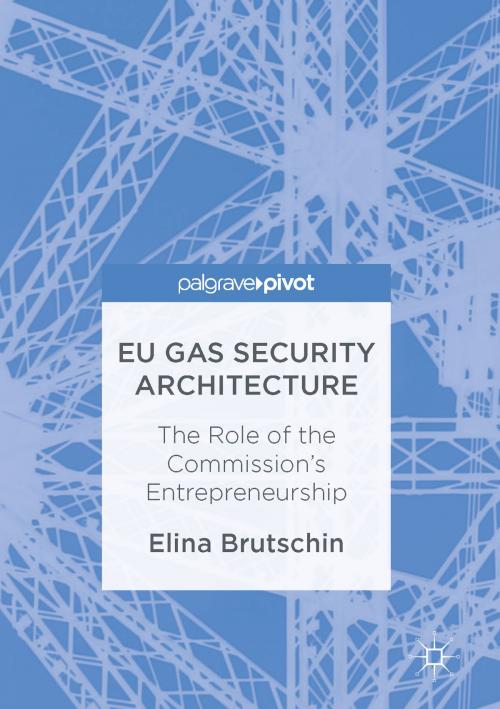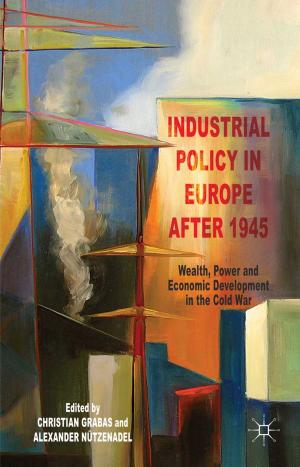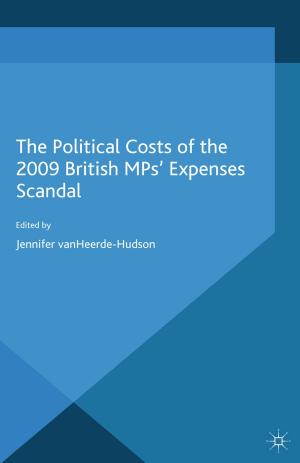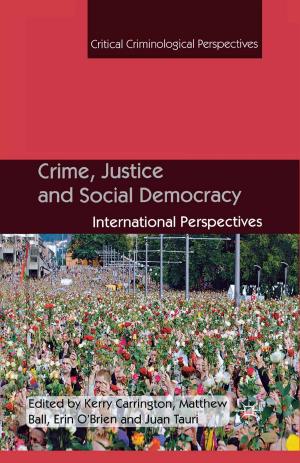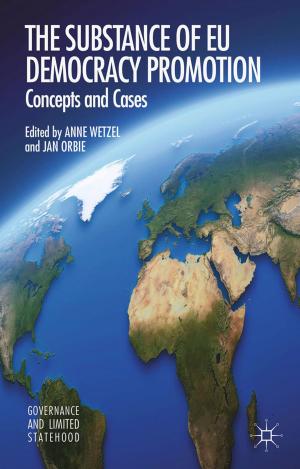EU Gas Security Architecture
The Role of the Commission’s Entrepreneurship
Nonfiction, Social & Cultural Studies, Political Science, Government, Public Policy, International| Author: | Elina Brutschin | ISBN: | 9781137511508 |
| Publisher: | Palgrave Macmillan UK | Publication: | January 23, 2017 |
| Imprint: | Palgrave Pivot | Language: | English |
| Author: | Elina Brutschin |
| ISBN: | 9781137511508 |
| Publisher: | Palgrave Macmillan UK |
| Publication: | January 23, 2017 |
| Imprint: | Palgrave Pivot |
| Language: | English |
This study traces the activities of the European Commission in the natural gas sector from 1990 to 2016, by concentrating on market liberalisation and infrastructure development as the main pillars of the European gas security architecture. By building on previous literature, the Commission's policymaking is analysed along its formal and informal powers in different energy security environments. In order to get a better understanding of the European energy market context, the reader is introduced into the historical development of the European energy policy in Chapter 2 and the literature on the European Union policymaking in Chapter 3. The analysis of the Commission's activities in the liberalisation (Chapter 4) and infrastructure (Chapter 5) sectors suggests that the Commission was able to effectively utilise networked governance during times when the demand for coordinated energy policies was low. This book will be of particular interest to those in the field of energy policies as well as EU policymaking.
This study traces the activities of the European Commission in the natural gas sector from 1990 to 2016, by concentrating on market liberalisation and infrastructure development as the main pillars of the European gas security architecture. By building on previous literature, the Commission's policymaking is analysed along its formal and informal powers in different energy security environments. In order to get a better understanding of the European energy market context, the reader is introduced into the historical development of the European energy policy in Chapter 2 and the literature on the European Union policymaking in Chapter 3. The analysis of the Commission's activities in the liberalisation (Chapter 4) and infrastructure (Chapter 5) sectors suggests that the Commission was able to effectively utilise networked governance during times when the demand for coordinated energy policies was low. This book will be of particular interest to those in the field of energy policies as well as EU policymaking.
